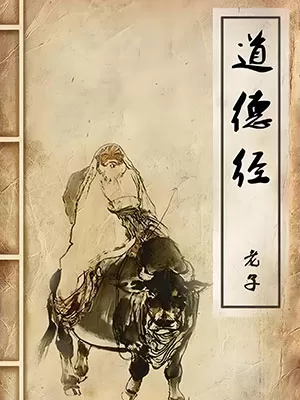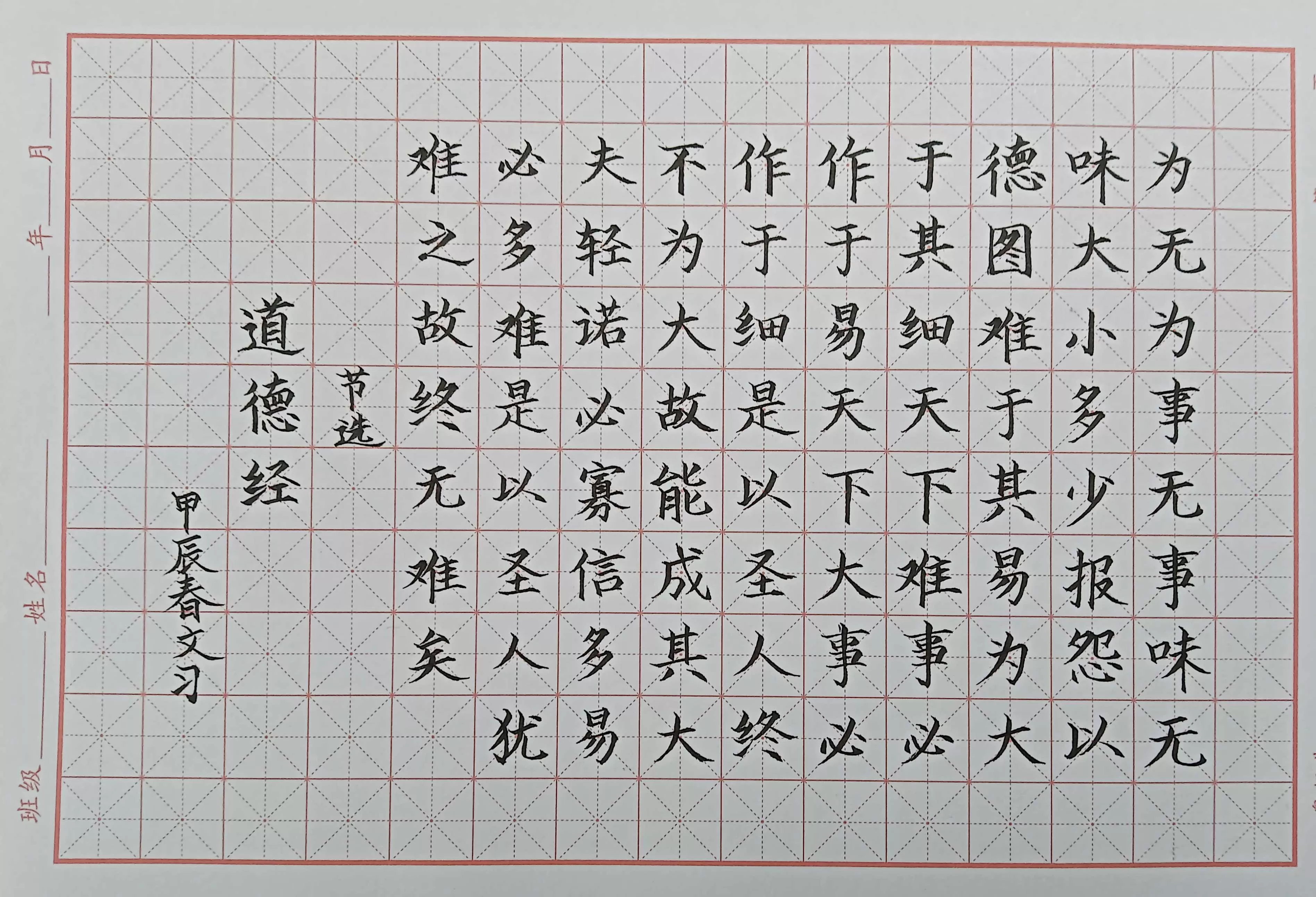
Tao Te Ching, a philosophical work composed by Laozi during the Spring and Autumn period, is also known as De Dao Jing, Dao De Zhen Jing, Laozi, Five Thousand Words, or Laozi's Five Thousand Characters. Written before the divergence of the Hundred Schools of Thought in pre-Qin China, it serves as a foundational text for Taoist philosophy. The original manuscript comprises two parts: the De Jing as the first section and the Dao Jing as the second, without chapter divisions. Later editions reorganized it into 81 chapters, placing the 37-chapter Dao Jing first, followed by the De Jing from chapter 38 onward.
Centered on the philosophical concept of "Dao" (the Way) and "De" (Virtue), the Tao Te Ching explores principles of self-cultivation, governance, warfare, and health preservation, with a primary focus on political philosophy. It advocates the ideal of "internal sagehood and external kingship", presenting profound and expansive ideas that earned it the title "King of All Scriptures." The text's depth and breadth have made it one of the most influential works in Chinese history, profoundly impacting traditional philosophy, science, politics, and religion.
According to UNESCO statistics, the Tao Te Ching is the most widely translated cultural classic after the Bible. Revered as the "Source of Chinese Culture" and "King of All Scriptures," it stands as a timeless testament to humanity's enduring quest for wisdom and harmony.

Provides The Most Comprehensive English Versions Of Chinese Classical Novels And Classic Books Online Reading.
Copyright © 2025 Chinese-Novels.com All Rights Reserved
